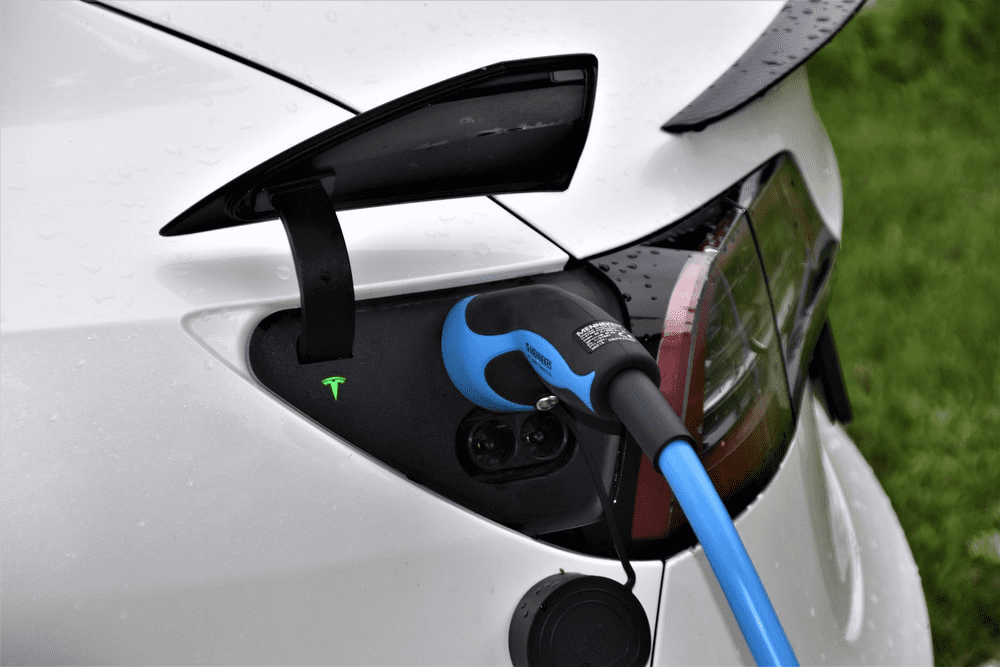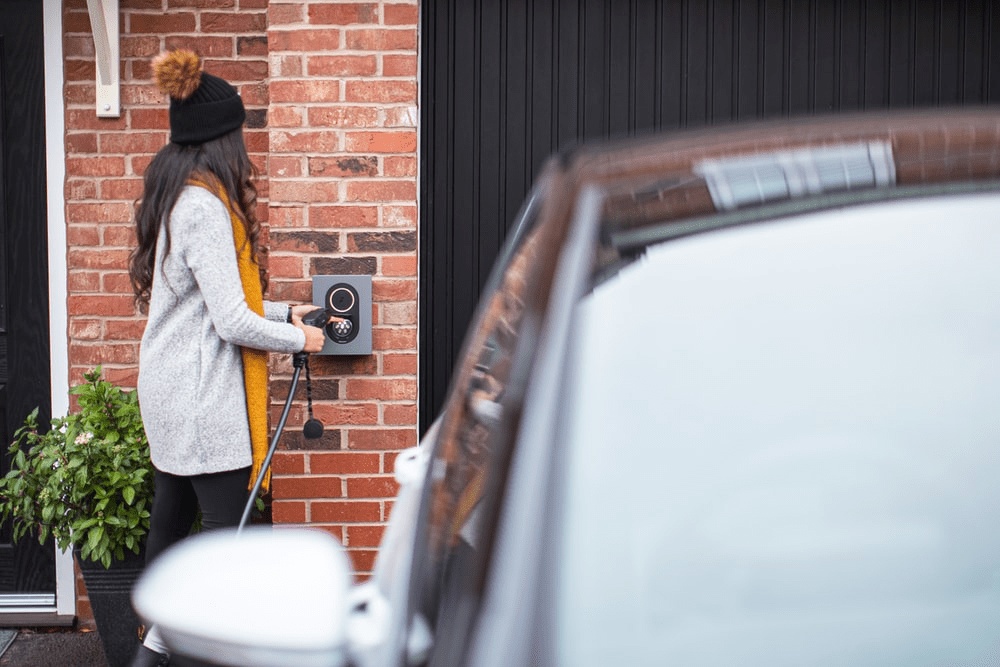The use of electric cars has surged in the past decade, and EV registrations have doubled since then. In 2020, despite the global pandemic, the EV car registration ratio increased by 42 percent, and the sales haven’t dropped since. Experts believe these numbers are expected to expand to 145 million by the end of 2030.
Even though electric cars have become mainstream, many drivers and passengers in the UK are still sceptical of buying EVs because of the unfortunate myths and misconceptions surrounding them.
If you’re considering a PCO car hire in Ealing, EV cars are an excellent option as they’re both eco-friendly and safe and secure. Here are some common misconceptions that you should know about EV cars and why they’re incorrect:
1. EV Cars are Not Eco-Friendly
Many people believe that EV cars are as harmful to the environment as traditional or hybrid cars are. However, it is just another misconception rooted in a lack of knowledge about EVs.
Electric cars have reduced CO2 emissions as it doesn’t produce CO2. It only contributes to CO2 emission during its manufacture and recharging process. Moreover, EV cars convert more than 70% of the chemical energy from their charged batteries. Not only that, EV cars don’t contribute to any tailpipe emissions either.
A study showed that countries such as Sweden and France that use renewable energy sources have less than 70% carbon emissions than the rest of the world. Electric cars can decrease the CO2 by 1.5 gigatonnes by 2050 if one in two people drive an EV car.
2. EVs are More Expensive Than Conventional Cars
While electric cars may be slightly more expensive than traditional cars when bought outright, however, in the next few years, you can save up a lot of money. Fully charging EVs at home will only cost up to £10–£15 and in the city, it will cost £20–£25. In both cases, the vehicle will have a range of 250–280 miles. On average, EVs will cost £60 to charge at home and £100 to charge in the city for 1000 miles.
In contrast, a traditional petrol car will cost the driver £180–£200 per week. Not only that, but EV cars also have lower service and maintenance costs due to fewer parts, making the interior more spacious. Hence, as an EV driver, you will be saving up to £400 per month which is about £4800 per year just from fuel.
For individuals considering renting a PCO electric car in London, the maintenance package covers all the costs, which means you don’t have to worry about anything other than earning an income through it. Moreover, as the market for electric cars grows, the prices will become affordable, and the production costs will be reduced. As of 2022, over 24 EV cars have been valued below £32,000; a figure that has increased by 17% since 2020.
3. EVs Don’t Have Sufficient Battery Range

While an EV’s top range is still behind a conventional car, most drives in the UK drive less than 100 miles, so EV cars can easily meet the need of the customers. Not only that, but electric cars accelerate faster and more seamlessly than traditional cars running on diesel or petrol. This is because electric combustion engines are smaller and less complex than conventional cars’ engines, which is why they produce instant torque.
As battery prices have decreased by 80% in the past 12 years, we’re also expecting to see EV cars with greater range, up to 300 miles. These newer models match that of traditional vehicles, but the only difference is that EV cars are more beneficial and generate power to the wheels smoothly. Whereas an average conventional car has a range of 480kms, a luxury EV car such as the Tesla S can go up to 502kms with a peak electricity charge.
4. EV Cars are Unsafe
Another misconception most people have regarding EV cars is that they’re very unsafe, but when the authorities test them, they get good marks for occupant protection. Most EV luxury cars like Tesla Model S and Chevrolet Bolt get 5/5 for the safety of the passengers.
As for EVs being a fire hazard, EV cars are a lot safer than traditional cars running on fuel. EV batteries are made of Lithium-ion, which tends to produce harmful gases, but it takes a lot longer to gain intensity giving the passengers more time to get out of the car before the fire spreads. Not only are EV cars safer than traditional cars, but they’re also 20 times less likely to catch fire than fuel-based engine vehicles.
5. Battery Life of EV Cars is Short

With more than 10 million electric cars on the roads today, there is no evidence of EV cars having insufficient battery life. The lifespan of EV cars is no lesser than that of a fuel-based vehicle. Electric cars come with strong batteries that are warrantied for up to 8 years, but they’re likely to last a lot more. Electric cars are widely used for PCO car hire in Harrow, and they’re also used for high-mileage travel.
The government is spending over £330 million to support the research that will help up-scale the EV cars’ battery life span. With the increasing lifespan of the batteries, the experts are also taking care of recycling the battery raw materials.
The UK legislation has banned the disposal of EV car batteries in landfills which holds the manufacturers responsible for recycling the raw materials and batteries. The companies take in the batteries for free and recycle them. The government is spending millions on research to ensure that the environmental impacts of EV lithium and cobalt batteries are reduced. This will not only make EVs more eco-friendly but also increase electric vehicles revenue in the future.
6. Lack of Lithium Sources
With the increasing demand for EV cars, another misconception flying around is that the sources of lithium, which is required to manufacture EV batteries, are limited. However, there are sufficient lithium and cobalt resources worldwideto manufacture EVs for more than 105 years.
Nonetheless, the manufacturing companies and experts are working tirelessly to increase the lifespan of the batteries and also using other materials such as recycled raw material and cobalt-free cells for EV batteries.
7. EV Cars Can’t Be Driven In Rain

Another common misconception that people have about EV cars is that they can’t be charged or driven during the rain. This is not true.
Before entering the market, electric cars have to undergo a series of tests to ensure the driver’s safety. One of the tests is to check whether EV cars can withstand different weather conditions and show no damage. As with any vehicle, drivers should take precautions and use the manufacturer’s manual to ensure their safety.
Here are some preventive tips for beginner EV PCO car hire in Croydon:
- Make sure you’re using the right plug for charging
- Check if the EV cables show any signs of damage
- Follow the manufacturer’s instructions to the letter
8. EV Cars Charging Points in London
Research shows that due to the high demand for EV car manufacture, the UK has one of the biggest charging point networks for electric cars.
According to the statistics, there are more than thirty thousand charging points across the UK, which will increase in the future. Over 600 new charge points are being added every other month. Hence, EV drivers don’t have to worry about the charging networks’ inability to keep up with the demand. At this rate, a driver would never be more than 20 miles away from a charging station.
Moreover, people who opt for PCO car hire in Barnet are investing in their own charge points by installing one at home. This trend is likely to continue as more and more people buy electric cars in the future.
9. EV Cars Design is Ugly
This couldn’t be farther from the truth. When cars were first introduced, they looked similar to golf carts, but they have improved significantly since then. Companies like Volkswagen, Toyota, and Tesla have started manufacturing stylish EV cars that look every bit as sexy as traditional vehicles.
EVs like Toyota Prius, Audi e-Tron GT, Tesla Model S, and Kia e-Niro have a unique and sleek design, and if your budget allows, you can also add Porsche Taycan to your list.
10. EV Cars Take Forever to Charge
Most people believe it takes a lot of time to charge EV cars which can affect their schedule. However, you can charge your EV overnight, so you don’t have to worry about it during the day. For 200 miles, you only need to charge for 20 minutes, which is the same time as you enjoy your morning coffee before heading to work.

If you’re looking for PCO electric cars in London, you’re in the right place. G&M Direct Hire is a leading PCO car hire agency that offers PCO-licensed car hire in London and other areas like Ilford, Wembley, Ealing, Slough, Edmonton, and Harrow, among many others.
EV cars are the future of the taxi industry, so why not get a head start and try it out. We offer a diverse range of PCO electric cars in top condition that are brand new and environmentally friendly.
Check out our drivers’ guide or contact us for more information.